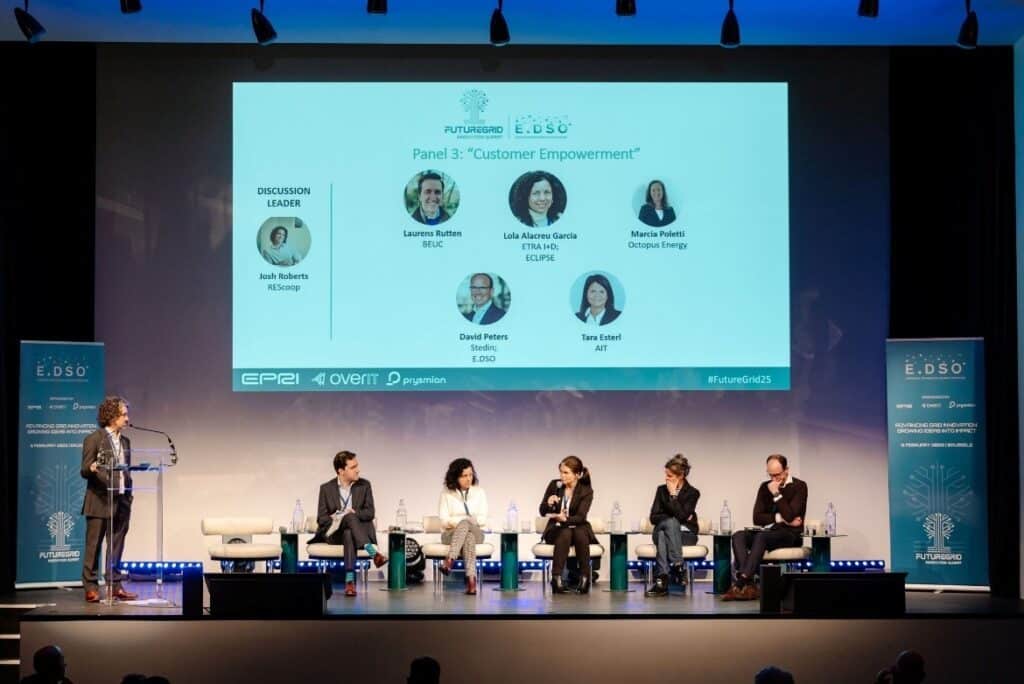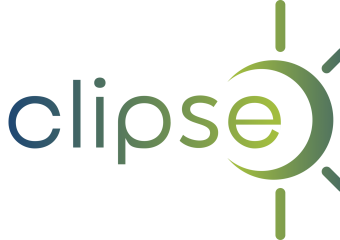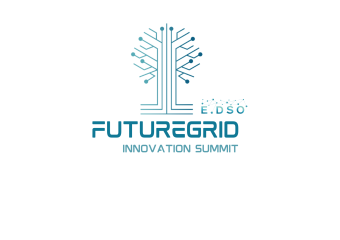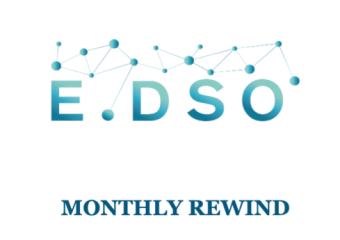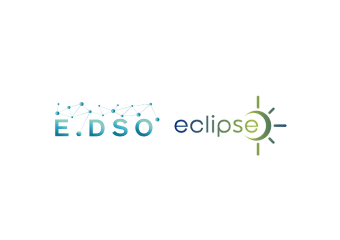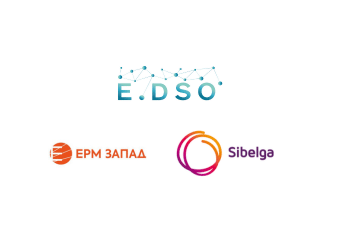Customer empowerment is at the heart of the energy transition, shaping system flexibility, cost efficiency, and decarbonisation. With evolving markets, consumers are no longer passive users but key players in optimising the operation of the energy system. Their participation in the energy system through demand response programs is crucial. However, achieving their active engagement requires overcoming persistent challenges and ensuring trust between consumers, energy providers, and DSOs.
Barriers to Engagement
Despite the growing importance of consumer participation, engagement remains constrained by several obstacles. Many consumers are unaware of demand-side response opportunities or find energy tariffs and digital tools too complex to navigate. A lack of trust in energy providers and DSOs makes individuals hesitant to share data or give up control over aspects of their electricity usage. Behavioral inertia, where familiar habits take precedence even when economic benefits are available, further hinders engagement. Vulnerable consumers, particularly those from lower-income groups, often face additional hurdles due to financial and information barriers, increasing disparities in market participation. Without focused efforts to simplify energy engagement and build lasting trust, the potential for widespread consumer-driven flexibility will remain untapped.
Lessons from the FutureGrid Innovation Summit
These challenges were tackled during the 3rd panel discussion at the FutureGrid Innovation Summit, where a broad mix of stakeholders discussed pathways to unlocking customer empowerment. The panel included voices from consumer advocacy, industry, research, and DSOs, reflecting the multidimensional nature of the issue. The discussion addressed the importance of consumer trust in engagement strategies, emphasizing the need for greater transparency and protection of energy users’ autonomy. ECLIPSE was highlighted as an innovative means aiming at diminishing the barriers to customer engagement. The critical role of DSOs in ensuring fair access to flexibility markets while maintaining grid stability was underscored. Additionally, behavioral trends and policy frameworks were examined as essential elements for fostering sustained consumer involvement. The discussion emphasized the need for a balanced approach, integrating the implementation of existing technical innovation and consumer trust-building actions.
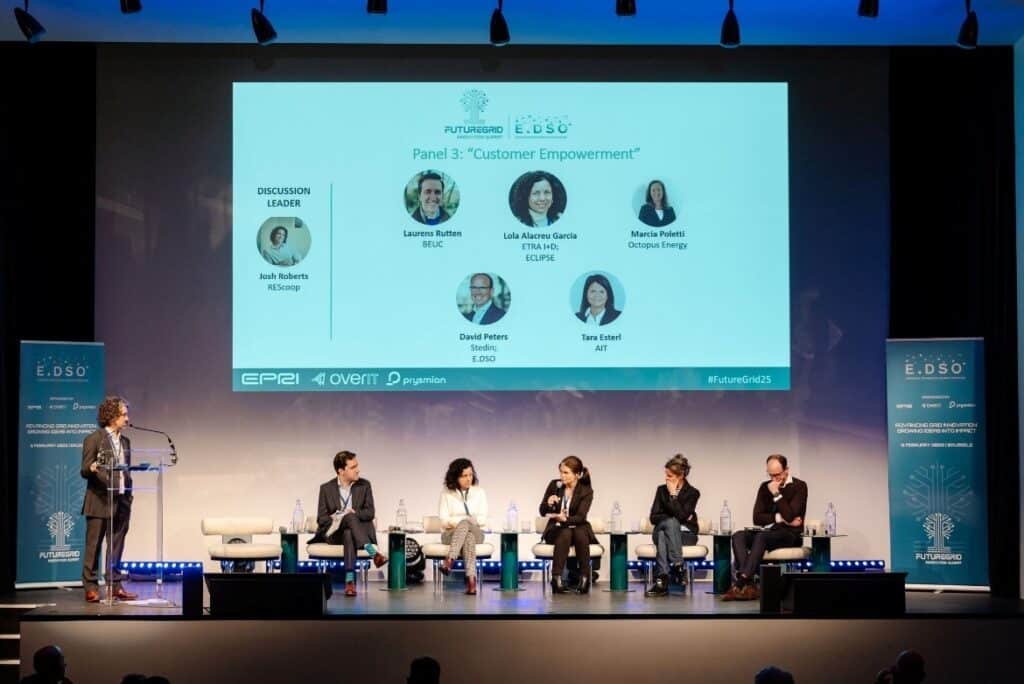
Building Trust to Enabling Participation: The Role of ECLIPSE
One of the key insights from the summit was that the path forward must address both technological and behavioral aspects of customer empowerment. The ECLIPSE project stands out as a promising initiative in this regard, offering tangible solutions to empower consumers while reinforcing trust in energy providers and DSOs. By developing user-friendly digital tools, ECLIPSE aspires to help consumers navigate flexibility markets without complexity, ensuring that participation is as seamless as possible. Moreover, by prioritising data transparency and consumer control, the project directly addresses concerns about privacy and automation, fostering greater confidence in energy systems. For DSOs, such initiatives are particularly valuable, as they help build stronger relationships with consumers, ensuring that trust becomes a key enabler of grid flexibility rather than a barrier.
Unlocking customer empowerment in demand-side flexibility is not just a technical challenge but a trust challenge as well. The FutureGrid Innovation Summit made it clear that DSOs, policymakers, and technology providers must work together to create transparent, accessible, and user-friendly participation frameworks. The future of energy markets will depend on ensuring that consumers feel empowered rather than overwhelmed, and that trust remains the foundation of their engagement. As discussions continue, the focus must be on delivering practical solutions that align consumer needs with grid stability, making the energy transition a truly collaborative effort.

